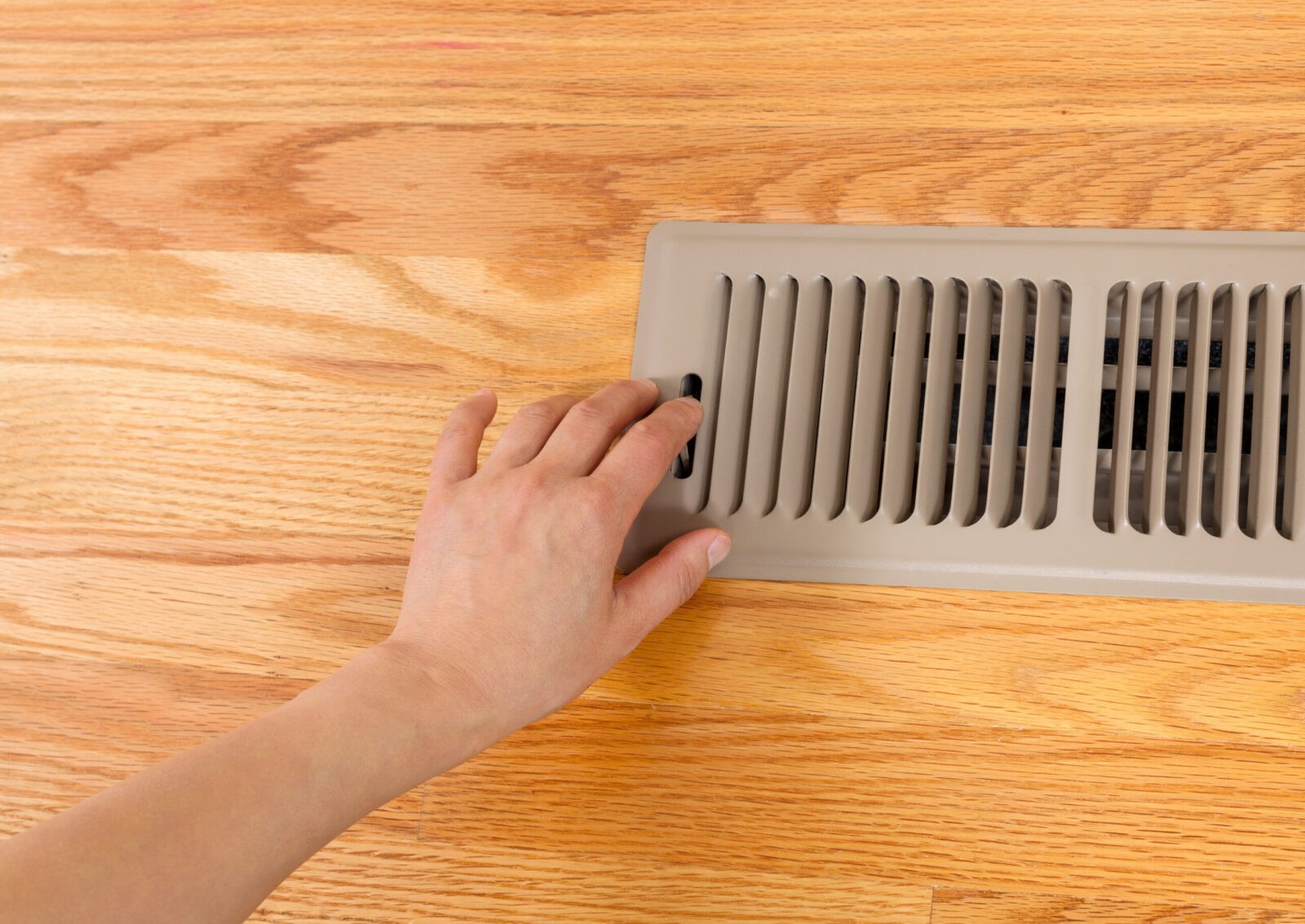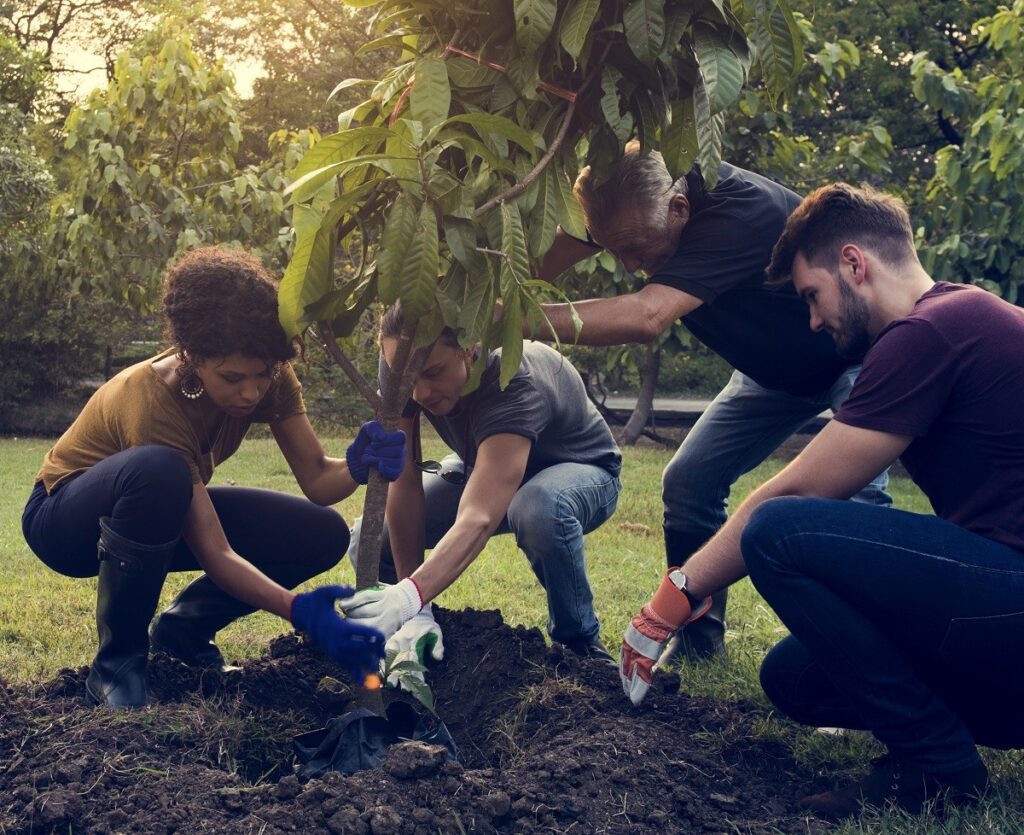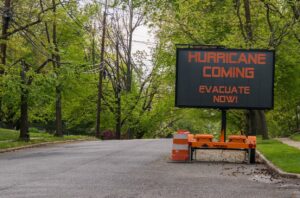Extreme heat means you’re now ordering iced coffee, and you’re no longer cooking on your stove. You can fry that egg right on the pavement.
Since heat waves are the leading cause of extreme weather-related deaths in the US and Death Valley hit incredible highs recently, we figured it was a good time to help you stay cool at home when the heat gets too hot to handle.
Before the heat cooks your street
Schedule your HVAC or air conditioning unit for service. This will make sure you don’t lose precious cold air once the heat arrives. If your area is prone to heat waves or cold spells, add this to your spring and fall home maintenance routine. (This way, you don’t lose heat when Jack Frost arrives.)
Also, when was the last time you checked your unit’s air filters? …That’s what we thought. Your unit’s air filters need these replaced or cleaned regularly. Sometimes, it’s as frequently as every month or as far out as every year.
Most units need their filter(s) replaced or cleaned every three months. Crack open your owner’s manual to find out more.
The heat is on, and it’s oppressive. Now what?

Keeping your house cool in extreme heat begins with knowing how not to heat up your home.
- Avoid using your oven or even your stove top (the appliance, not the stuffing).
- If you need to boil or heat food, use a microwave.
- At the very least, use a lid on your pots.
- Run exhaust fans only to clear the room, as they will pull the cool air from your home.
- Close doors and HVAC registers in unused rooms.
- Close the drapes and blinds that see direct sunlight. (Don’t have blinds? Get a professional to install a few.)
- Turn off any appliances you do not need. (That might mean the TV.)
- Become nocturnal and only use the clothes dryers, dishwashers, and other large appliances when it cools down in the evening.
- Keep your garage door closed. (This keeps your home safer, too.)
- Use CFL or LED light bulbs as they produce less heat than incandescent bulbs.
- Limit your activity outside to when it’s the coolest.
Ceiling fans can make you feel cooler, but they must be rotating counter clockwise to do so. (This directs the air flow at you.) Unfortunately, for keeping your house cool in extreme heat, fans don’t ward off heat-related illnesses. If you feel yourself getting too warm, take a cold bath or shower.
Hot off the presses
Keep up to date with all weather and utility notifications, either via social media, emails, or websites. These alerts will inform you of government services that can help you beat the heat.
If your HVAC system does give out during times of extreme hot air (bummer!), many cities and towns set up cooling stations. Here, you can get a cool drink of water and spend some time in cooler air.
Heat waves also put a strain on power grids, so it’s not uncommon to suffer blackouts. Some areas – like California – institute rolling blackouts. This occurs when the supply for power exceeds the demand, and the utility companies voluntarily turn off the power in a specific area to prevent the entire grid from failing.
It’s important to be ready for a blackout, whether it’s scheduled or not.
How to get cool without juice
A few ways you can be ready for a heat-wave power outage include:
- Buying a standby generator (to run fans or your AC).
- Stocking your refrigerator with water bottles and other cool treats. (We recommend mochi.)
- Filling up large Ziploc bags with water and packing your freezer. (These ice packs keep things cool, and you get fresh drinking water as the ice melts.)
- Having batteries on hand for flashlights or electric fans.
- Checking that your smoke and carbon monoxide detectors are operational and have back-up batteries.
- Getting a solar charger for your phone.
If you have refrigerated medicine, contact your local pharmacy for instructions. If someone within your household has a powered medical device, reach out to your utility company for solutions.
If you’re playing the long game –

Contact a lawn design professional to plant a few trees around your property. You’ll want to make sure they’re far enough away from your home that they won’t attack your foundation but close enough that they’ll provide shade during hot weather. Their leaves can also help to shade your air conditioner, which should increase its energy efficiency and lower your energy bill.
And extreme heat kills bed bugs, right?
Extreme heat does kill bed bugs, but unfortunately, a heat wave will not solve your bed bug problem. The inside of a room must reach approximately 125-130 degrees to kill bed bugs (their internal temperature must be ~113 degrees Fahrenheit) for at least 60 minutes. Unless you are one of the 320 people living in Death Valley, you will need to call a professional to help you get rid of bed bugs. (They’ll complete the “heat treatment” for you.)
Be ready for whatever Mother Nature throws at you
The vipHome.app provides personalized reminders for home maintenance, so you can schedule that pre-season HVAC maintenance. We also provide tailored recommendations for home improvement to help your home be in the best shape possible. Our expert-backed vipTips serve you with the information you need to stay safe when Mother Nature decides to go to the extreme.






